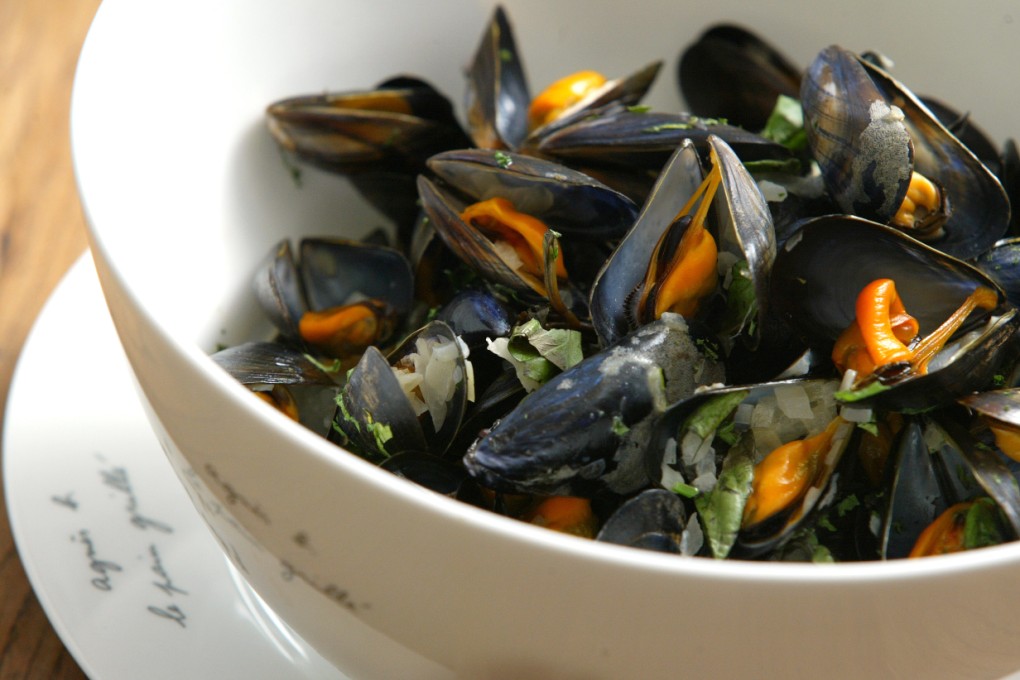Food allergies take high toll on Hong Kong children
Study finds 15pc of allergic children have severe reactions – compared with a global average of 10pc – prompting calls for more awareness

More Hong Kong children suffer from severe allergic reactions than the international average, the first large-scale study on food allergies shows.
The findings have prompted calls for more government support in schools and better community understanding for these children.
"The proportion of children in Hong Kong with a food allergy is no less than that in other countries. The situation should not be underestimated," said Dr Marco Ho Hok-kung, one of the researchers from Queen Mary Hospital.
The city-wide survey of more than 7,000 children aged 14 and under found that 4.8 per cent reported having a food allergy, with shellfish topping the list of culprits. The researchers said Asians should not overlook the possibility of a peanut allergy as the survey found that four in every 1,000 children had it, compared with six in 1,000 in the United States.
Of the 352 children with a food allergy, 15.8 per cent had severe reactions like breathing difficulties and heart problems, higher than the internationally accepted average of 10 per cent.